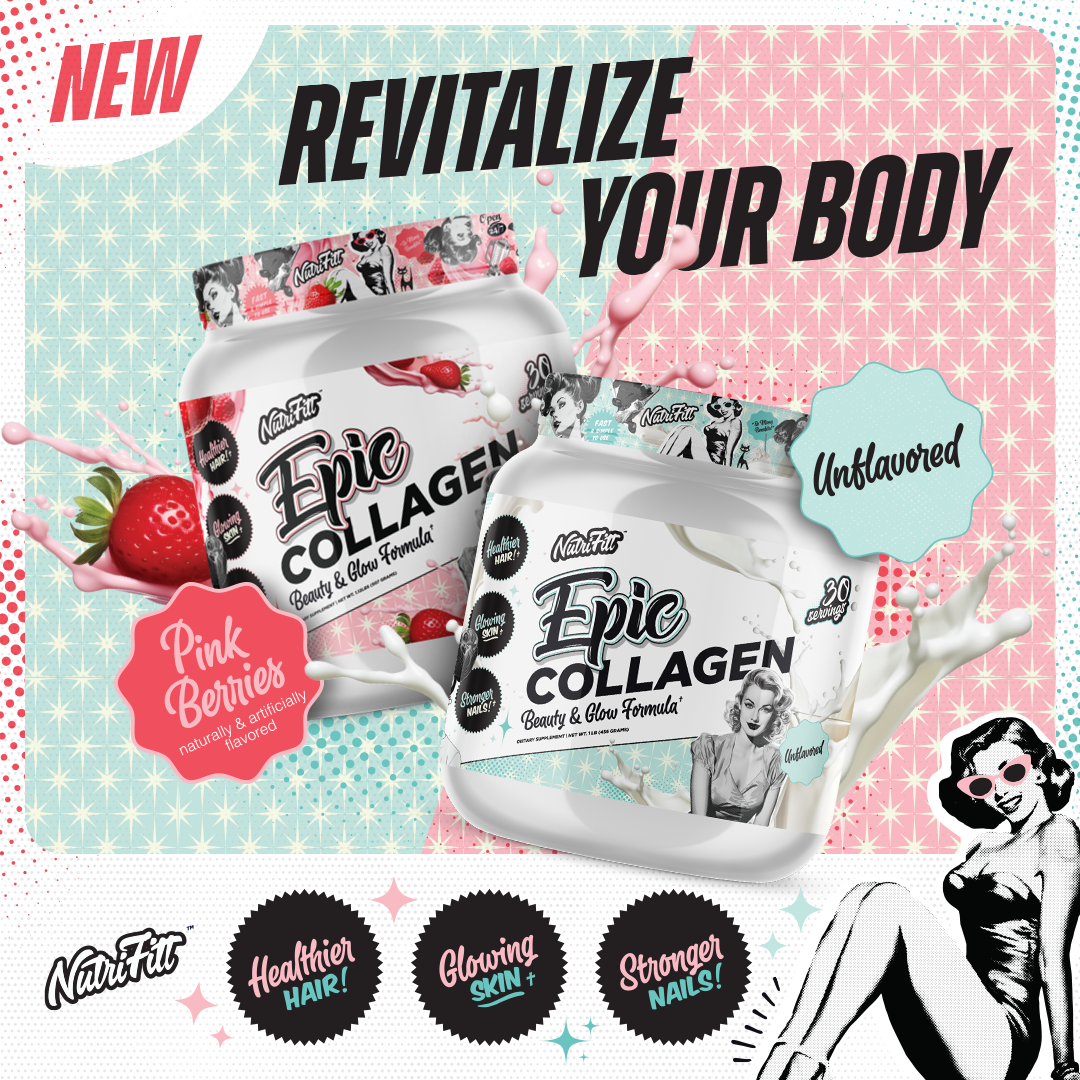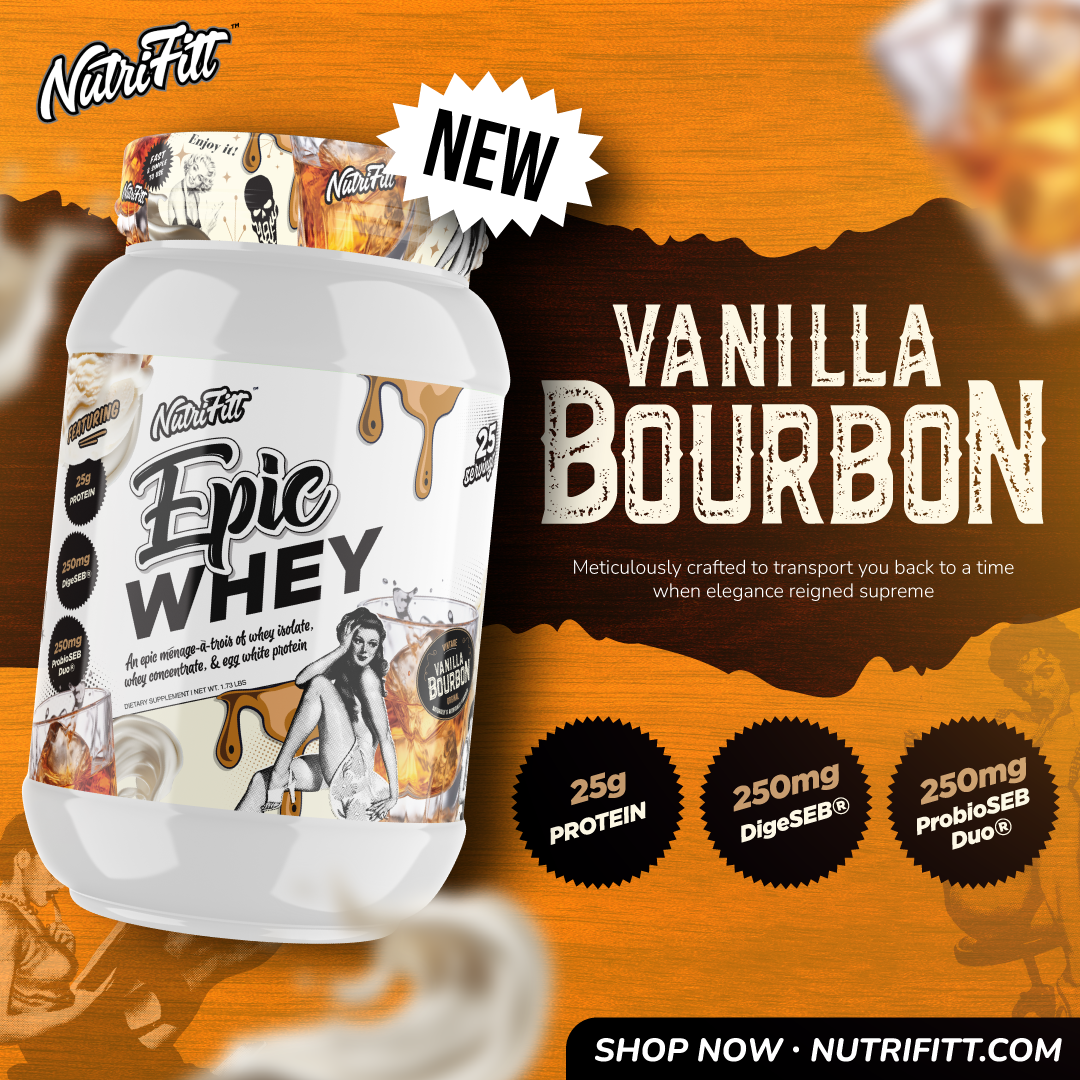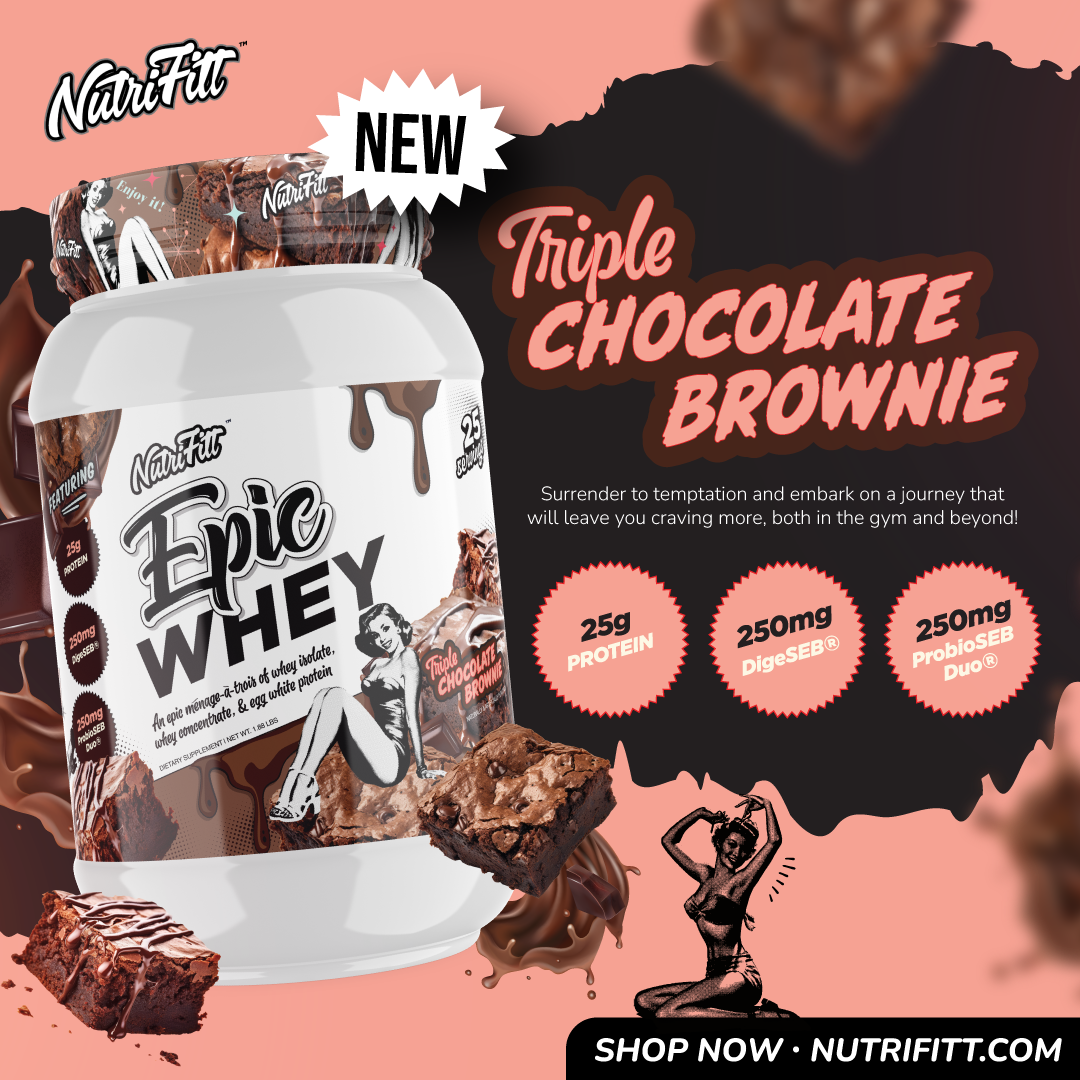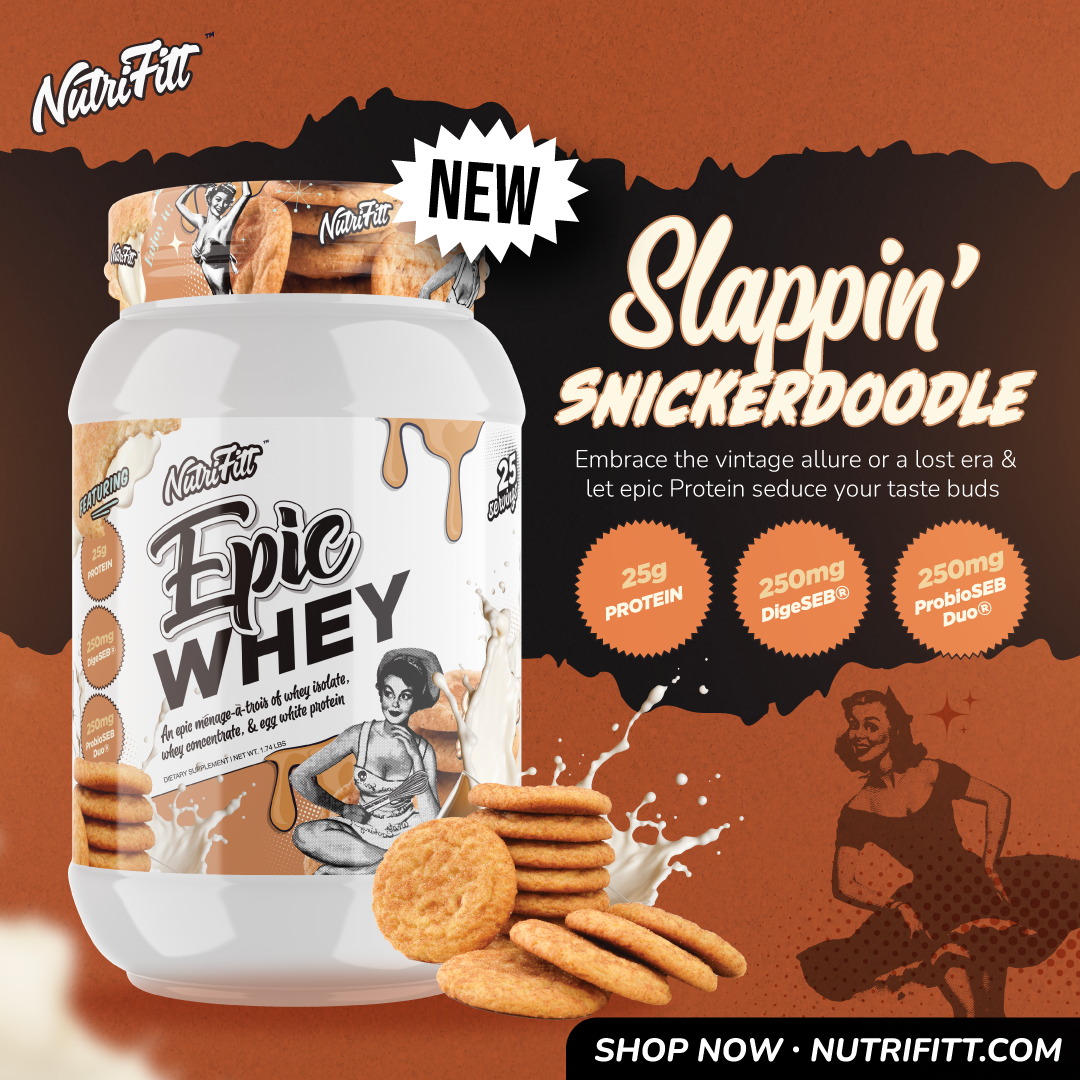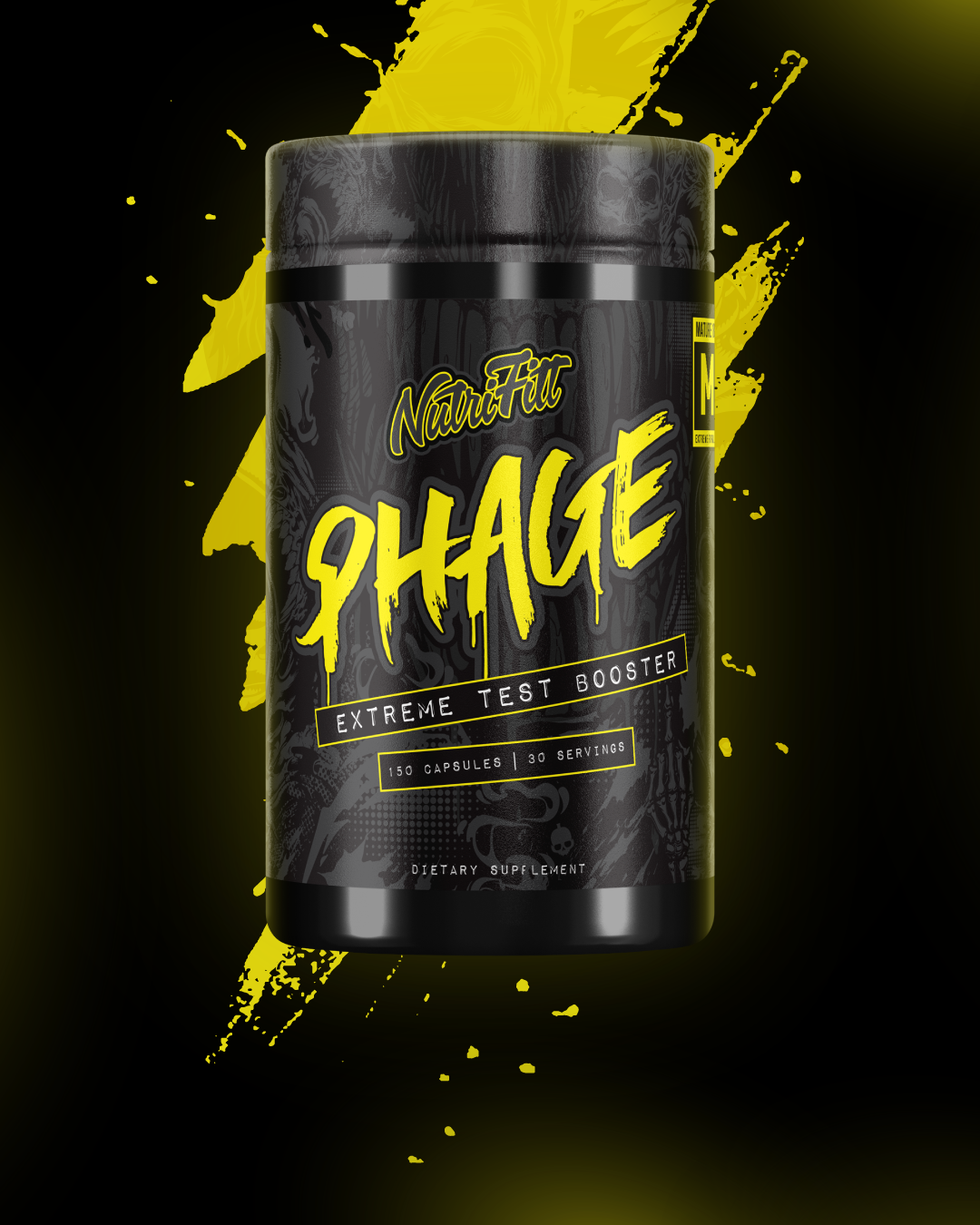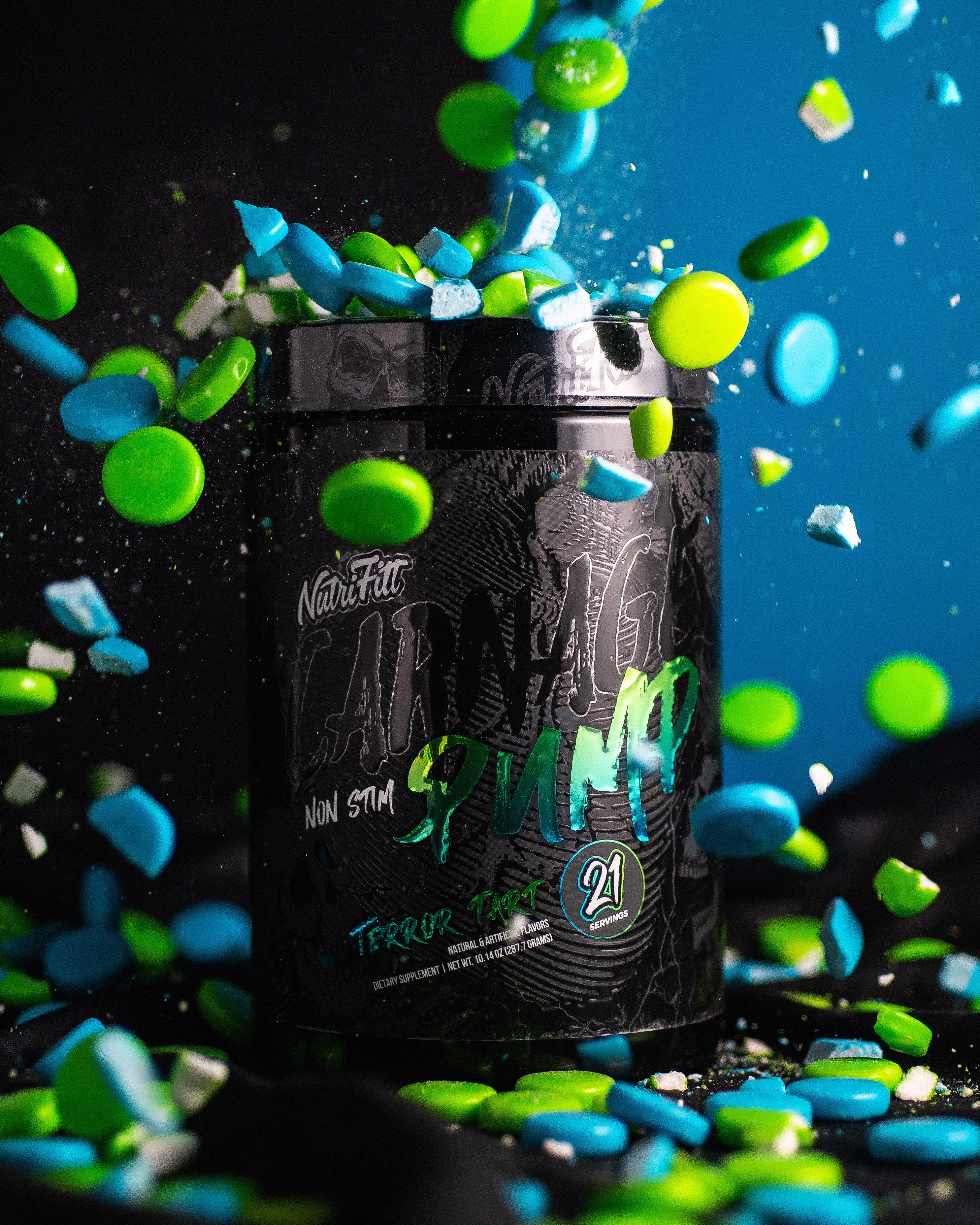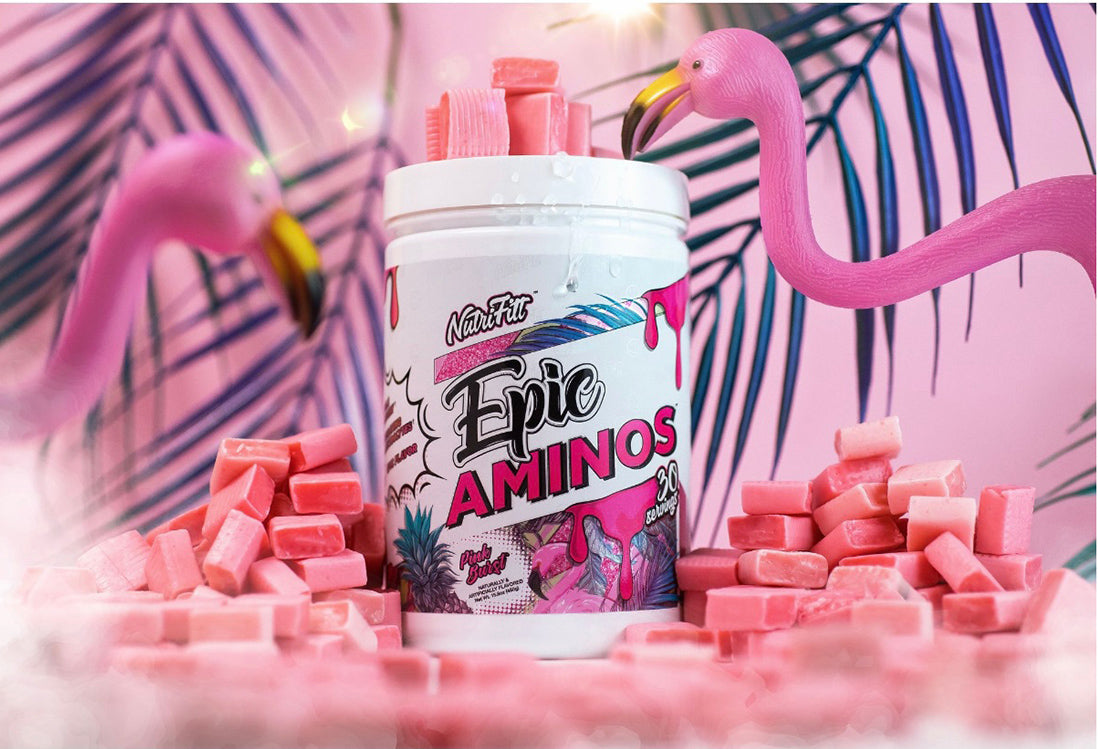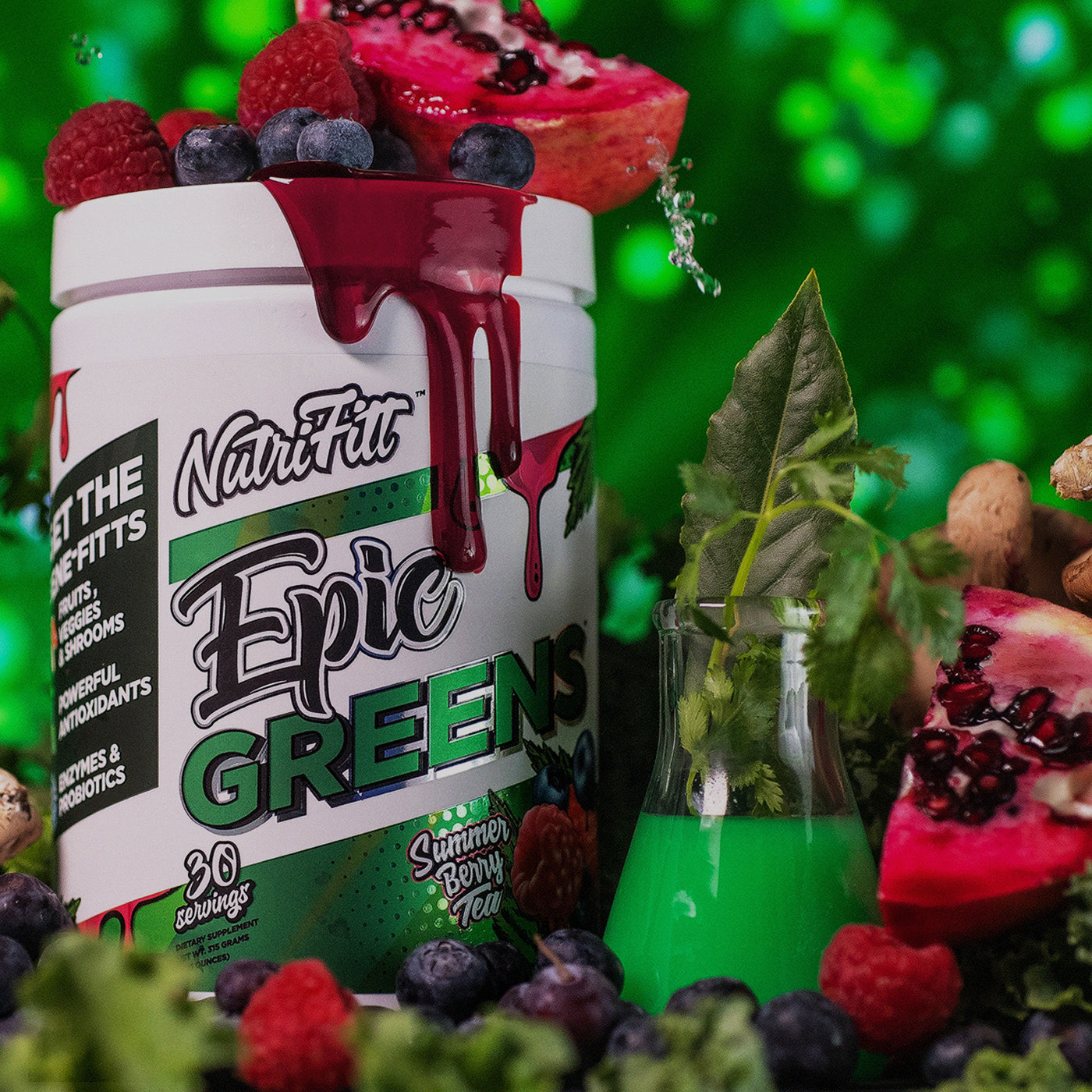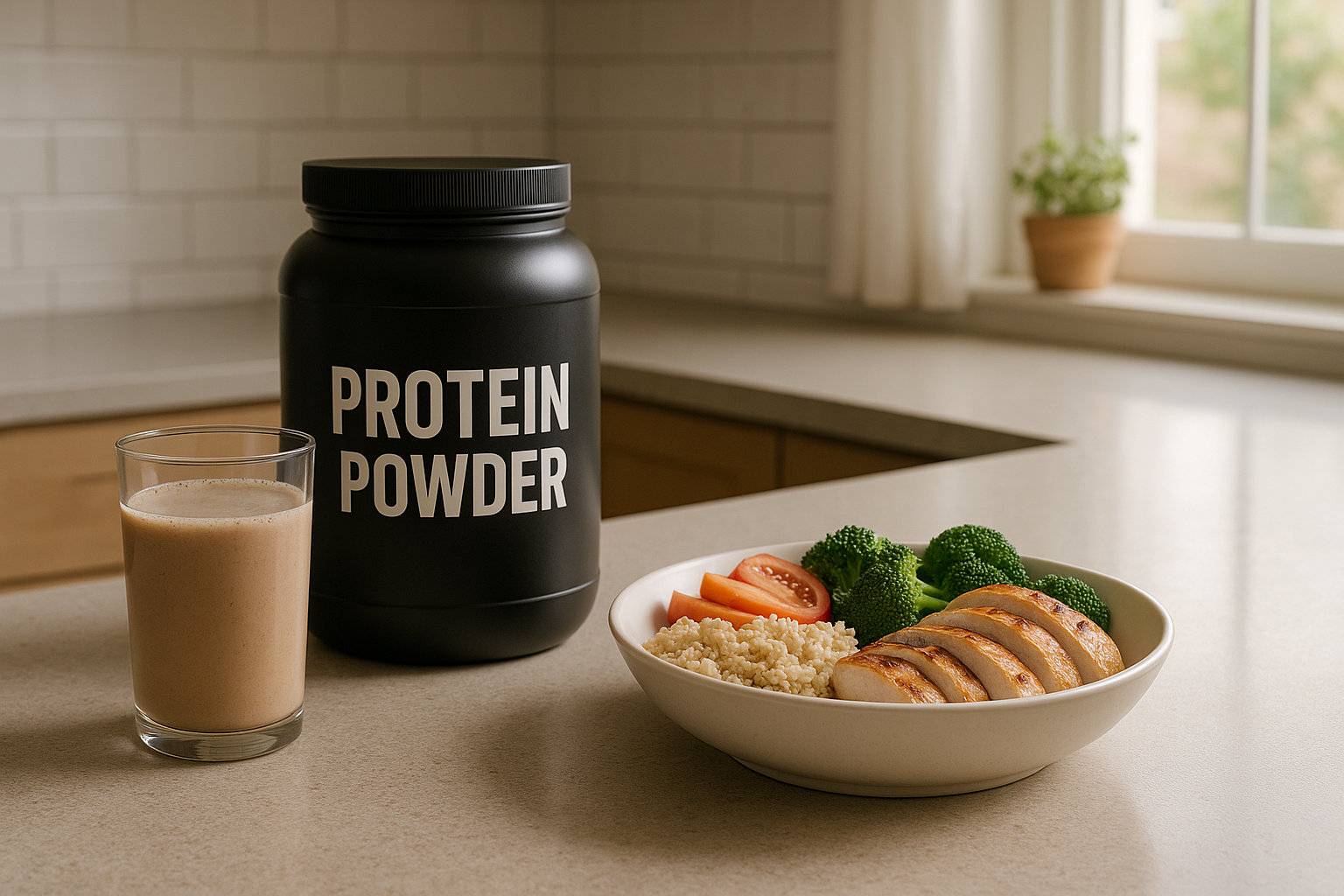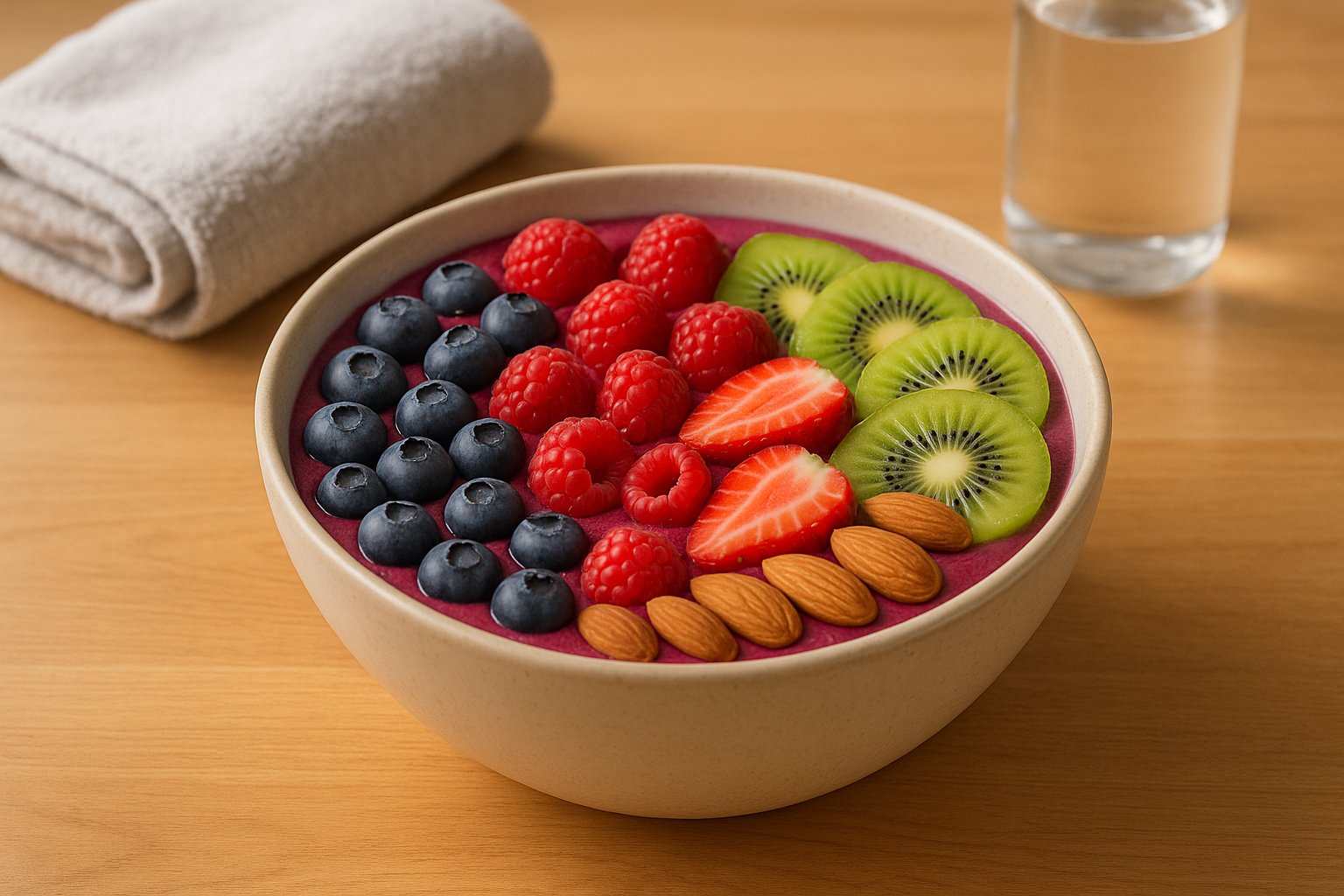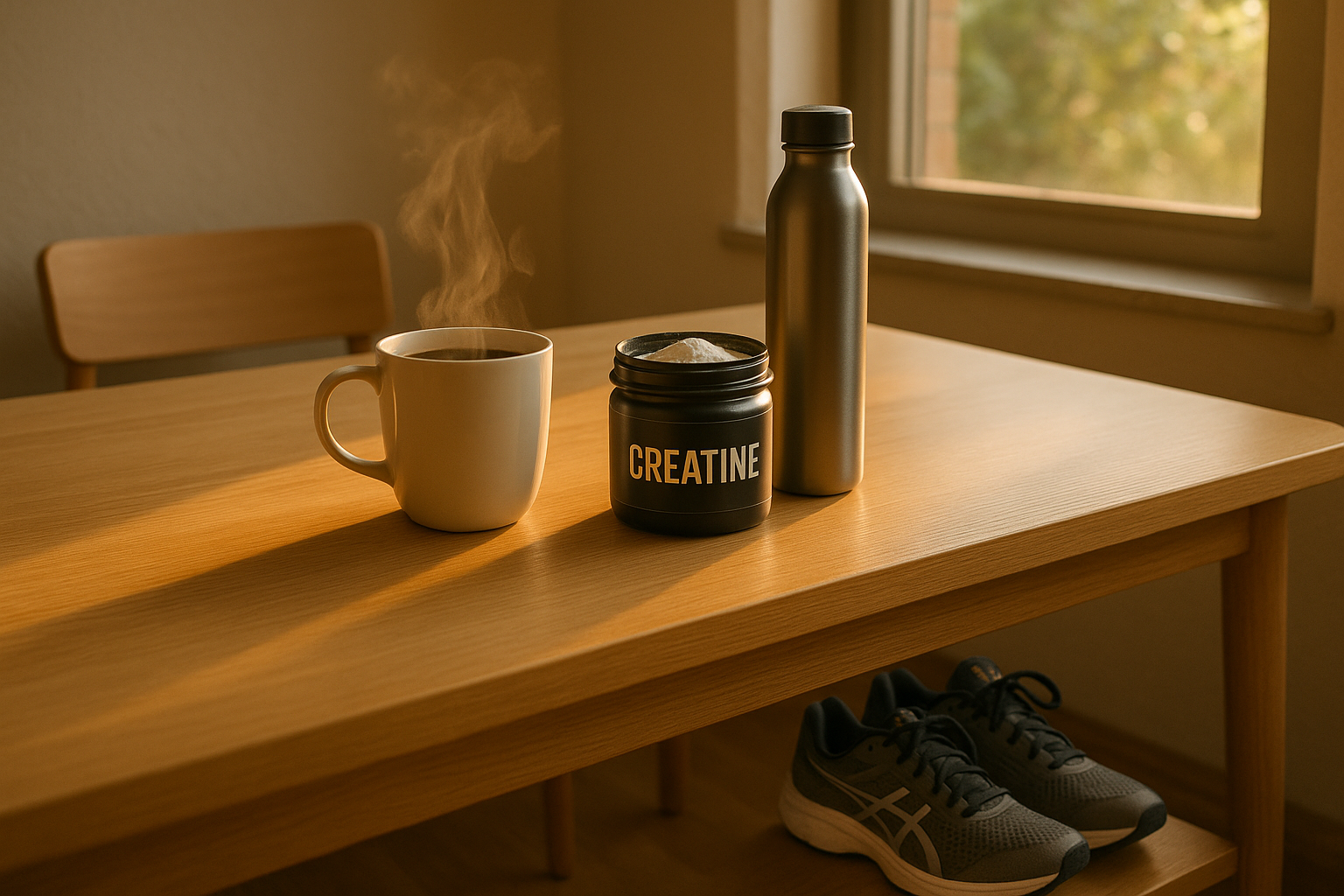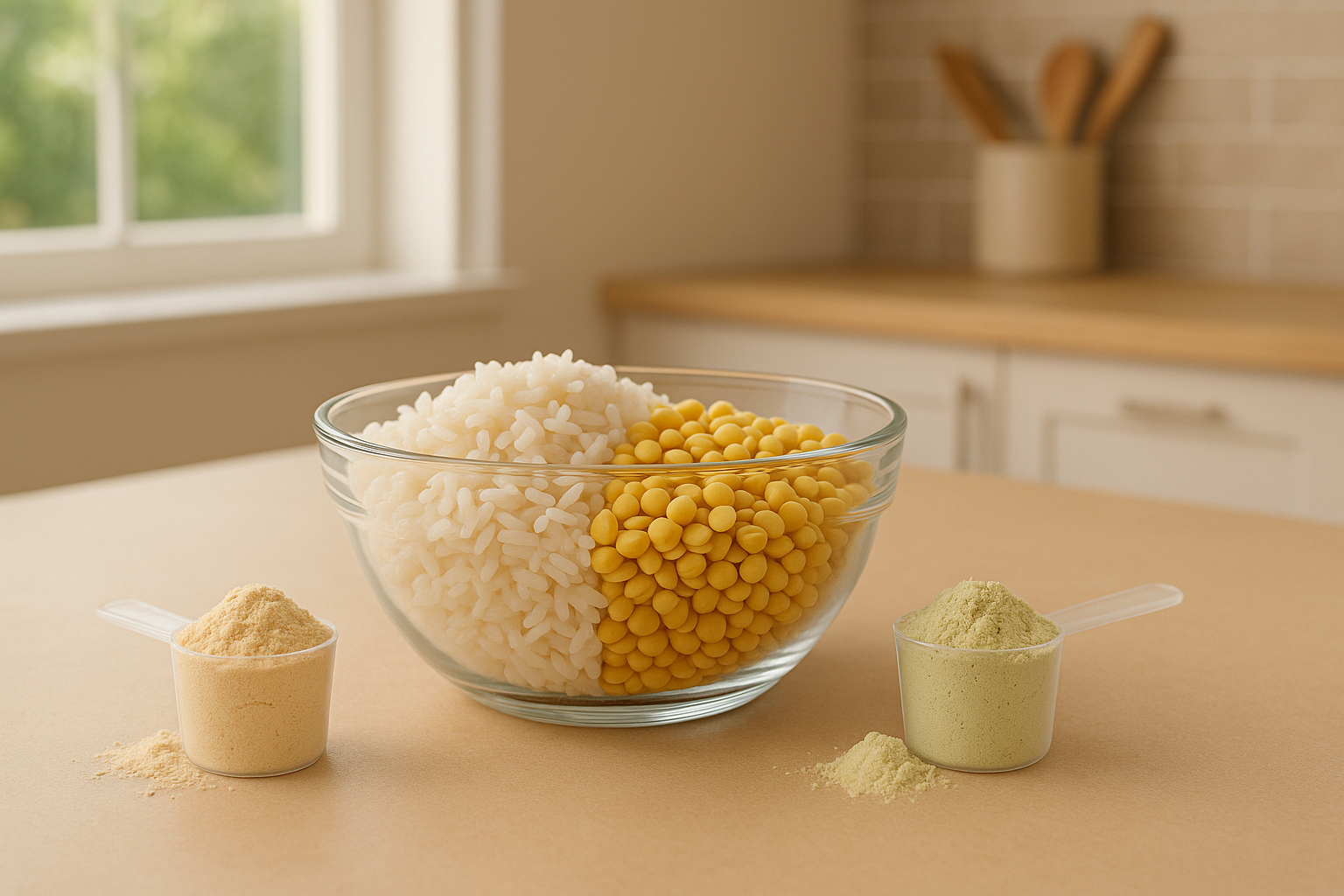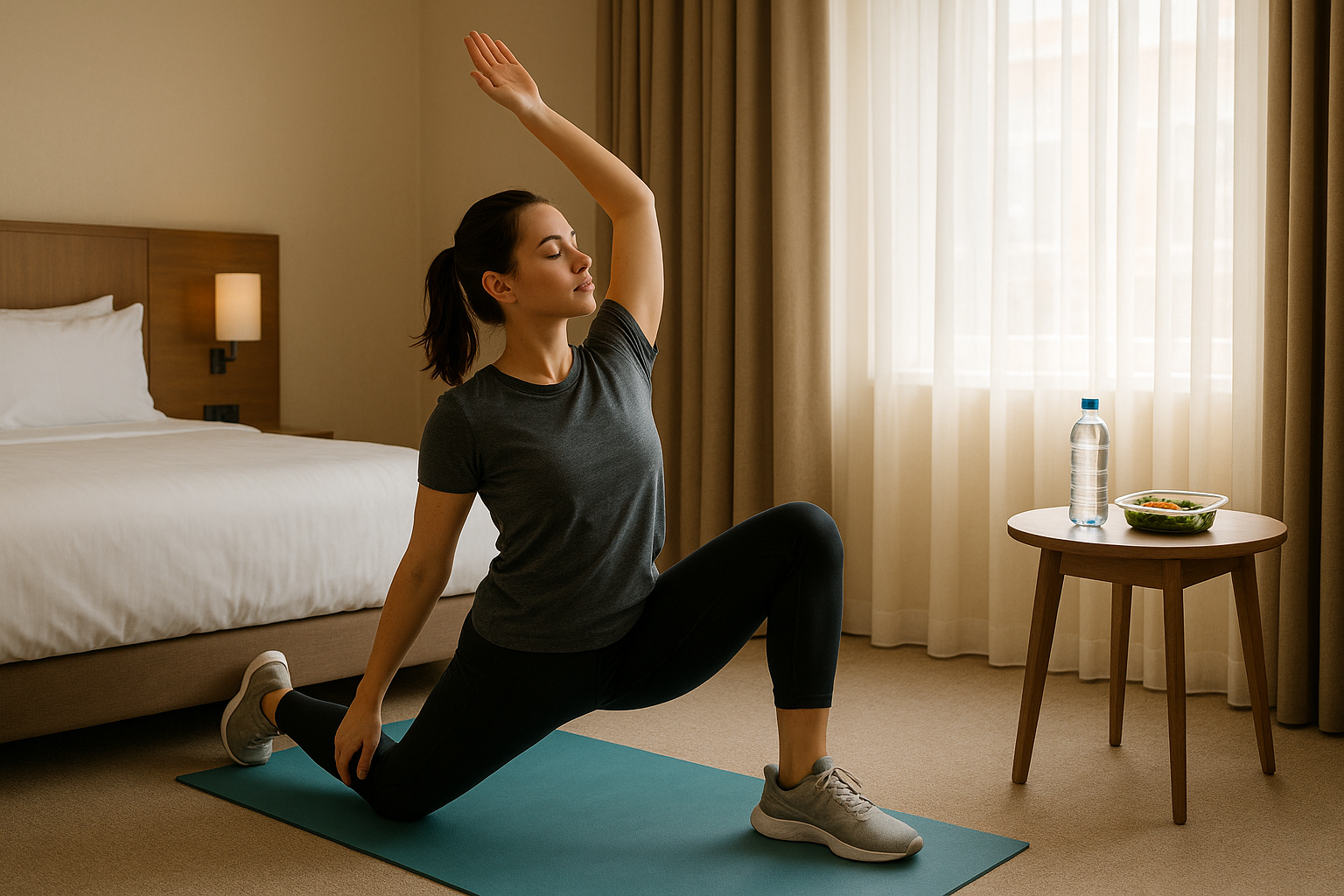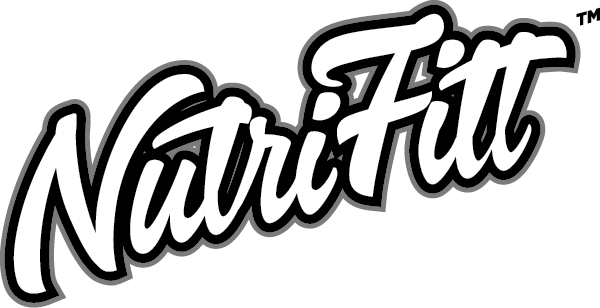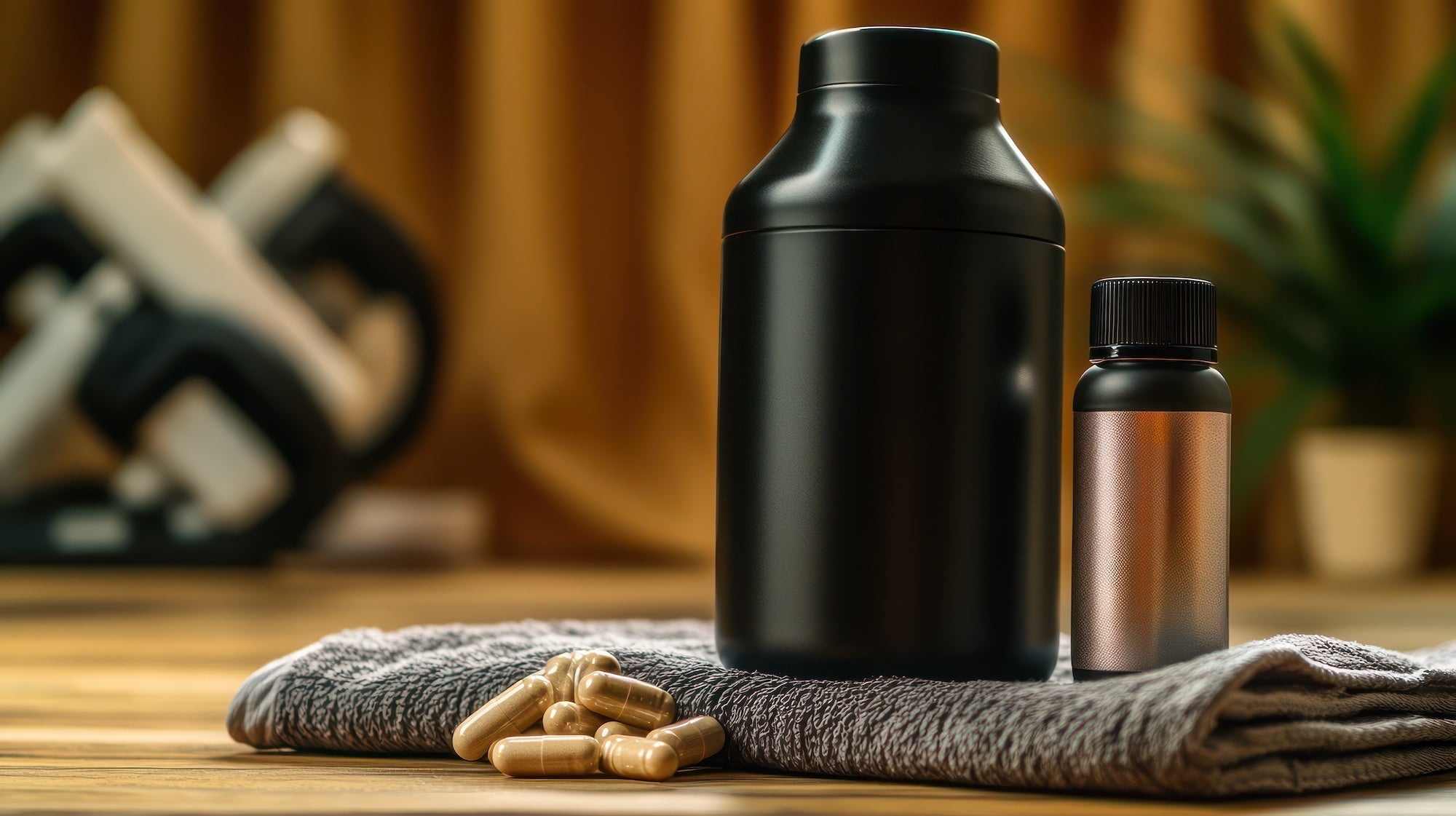
Men's vs Women's Pre-Workout: Key Differences
Pre-workout supplements are tailored to meet the unique needs of men and women. Here's what you need to know:
- Men's Pre-Workout: Focuses on muscle growth, power, and blood flow. Typically includes higher caffeine (250–350 mg), 6.5 g of Citrulline Malate, and testosterone-supporting ingredients like Vitamin D and Zinc.
- Women's Pre-Workout: Prioritizes endurance, hormonal balance, and sustained energy. Contains lower caffeine (150–250 mg), 5 g of Citrulline Malate, and added nutrients like Magnesium, Calcium, and Ashwagandha for stress management.
Quick Comparison
| Feature | Men's Pre-Workout | Women's Pre-Workout |
|---|---|---|
| Caffeine Content | 250–350 mg | 150–250 mg |
| Focus | Power & Muscle Growth | Endurance & Balance |
| Key Additives | Vitamin D, Zinc | Magnesium, Ashwagandha |
| Citrulline Malate | 6.5 g | 5 g |
| Energy Source | Carbohydrates | Fat |
Key Takeaway
Men and women have different physiological needs, so choosing a pre-workout designed for your body type and fitness goals can improve performance and recovery. Look for transparent labeling, proper dosages, and ingredients that align with your workout type.
THE BEST PRE WORKOUTS- For Men and Women- Pre Workout Supplement 2020
Male vs Female Body Differences
Biological differences significantly influence how men and women respond to pre-workout supplements. Understanding these distinctions is essential for creating formulas that cater to each gender's unique needs.
Hormone Effects
After puberty, men experience testosterone levels up to 15 times higher than women’s [8]. On the other hand, estrogen plays a vital role for women by improving muscle quality, reducing connective tissue stiffness, and impacting protein synthesis and recovery [7].
"Based on the nonoverlapping, bimodal distribution of circulating testosterone concentration (measured by liquid chromatography–mass spectrometry) - and making an allowance for women with mild hyperandrogenism, notably women with polycystic ovary syndrome (who are overrepresented in elite athletics) - the appropriate eligibility criterion for female athletic events should be a circulating testosterone of <5.0 nmol/L." - David J Handelsman, Angelica L Hirschberg, Stephane Bermon [8]
Hormonal changes during the menstrual cycle can also affect how supplements work. For instance, female athletes experience fewer muscle strains but face a 2-8 times higher risk of ACL injuries [6]. These hormonal variations also impact how energy is metabolized during workouts.
Energy Requirements
Men and women differ in their energy needs and how their bodies use fuel, as shown below:
| Factor | Men | Women |
|---|---|---|
| Daily Caloric Needs (moderately fit) | 19–21 calories per lb | 17–19 calories per lb |
| Primary Energy Source | Higher carbohydrate utilization | Higher fat utilization |
| Daily Zinc Requirement | 11 mg | 8 mg |
| Body Fat Composition | Approximately 6–11% less body fat | Higher essential fat stores |
During exercise, women are more efficient at burning fat, while men rely more on carbohydrates for energy [9]. Men also require an additional 200-400 calories daily at rest [10]. Another key difference is in muscle composition: women tend to have 7-23% more type I (slow-twitch) muscle fibers, which support endurance, while men have a higher proportion of type II (fast-twitch) fibers, suited for power and speed [11]. These variations directly influence how each gender responds to training and pre-workout supplements.
Pre-Workout Ingredient Analysis
Pre-workout supplements are designed with gender-specific needs in mind, taking into account differences in body composition and energy requirements. By tailoring ingredients to these distinctions, pre-workouts aim to optimize performance and recovery for both men and women.
Caffeine and Stimulants
Caffeine levels in pre-workouts differ based on body mass and tolerance to stimulants. For exercise performance, the recommended caffeine dosage ranges from 3 to 6 mg per kilogram of body weight [12].
| Gender | Caffeine Range | Daily Consumption | Key Notes |
|---|---|---|---|
| Men | 250–350 mg | ~200 mg | Higher tolerance due to body mass |
| Women | 150–250 mg | ~200 mg | Increased sensitivity to stimulants |
"If you're using pre-workout or post-workout supplements to support your efforts with strength training or running a marathon, that's not specific to gender." - Shena Jaramillo, R.D. [1]
For those sensitive to stimulants, amino acid–based, stimulant-free alternatives are available [12].
Muscle Support Compounds
The amount of muscle support ingredients in pre-workouts is adjusted to suit gender-specific needs. For instance, men's formulas typically provide 6.5 g of Citrulline Malate for enhanced blood flow, while women's formulas include around 5 g for more balanced vasodilation [3]. These adjustments ensure both groups receive effective muscle support tailored to their goals.
Key muscle support ingredients include:
- Beta-Alanine: Boosts endurance
- Carnitine: Aids in fat utilization
- Leucine: Promotes muscle protein synthesis
- Betaine: Enhances power output
Gender-Specific Ingredients
Women's pre-workout supplements often include additional ingredients to address hormonal balance and specific nutrient needs:
- Hormone Support: KSM-66 Ashwagandha for stress management and hormonal regulation [15]
- Mineral Complex: Enhanced Magnesium, Zinc, and Calcium [15]
- PMS Management: Chasteberry and DIM (Diindolylmethane) [15]
- Electrolyte Balance: Calci-K and Potassium [15]
Men's formulas, on the other hand, focus on supporting testosterone levels and muscle-building with added nutrients like Vitamin D, Zinc, and Boron [14] [1].
"No pre-workout supplements burn calories or fat for you. It's just a tool to intensify the workout." - Sinan Ozyemisci, MS, RDN [12]
These specialized formulations reflect the distinct nutritional and performance needs of each gender, ensuring a more tailored approach to fitness supplementation.
sbb-itb-7567710
Workout Results and Recovery
Pre-workout supplements can impact men and women differently, as their formulations are often designed to align with specific fitness goals and recovery needs.
Power vs. Endurance Benefits
Men’s pre-workout formulas are generally geared toward boosting explosive power and muscle growth, while women’s options tend to emphasize sustained energy and endurance. For instance, caffeine plays a key role in enhancing anaerobic performance. A 2014 study found that using pre-workout supplements led to significant gains in lower body strength and lean muscle mass [5]. These performance improvements also contribute to faster recovery times.
Post-Workout Effects
Certain ingredients in pre-workout supplements are specifically included to ease muscle soreness and speed up repair. For example, pomegranate compounds have been shown to reduce muscle soreness by 13.4% [13]. Other recovery-focused ingredients include:
- L-Carnitine: Helps minimize markers of cellular damage [13].
- Beta-Alanine: Reduces lactate buildup, which can delay muscle fatigue [2].
- BCAAs (Branched-Chain Amino Acids): Promote quicker muscle recovery [4].
Additionally, electrolyte blends - like those found in coconut water - support hydration and recovery [13]. Studies show that individuals using pre-workout supplements not only experienced less muscle soreness but also maintained higher muscle endurance and improved power output during their training sessions [2].
How to Pick Your Pre-Workout
When choosing a pre-workout, it's important to consider your fitness goals, body type, and how your body reacts to certain ingredients.
Match Your Workout Type
Your choice of pre-workout should align with the type of exercise you’re doing. For strength training, focus on supplements like creatine (3-5g), beta-alanine (1.5-3.5g), and BCAAs. If you’re into endurance activities, go for L-citrulline (6-8g), electrolytes, and a moderate dose of caffeine (150-200mg). Women may benefit from slightly lower caffeine levels (100-175mg) and the addition of B vitamins to support energy metabolism.
Once you've identified the right ingredients for your workout, it’s time to ensure the product you choose is both safe and effective.
Quality and Safety Check
A study in 2018 emphasized the effectiveness of multi-ingredient pre-workouts as performance enhancers [5]. To ensure you're making a safe choice, follow these steps:
- Third-Party Testing: Look for supplements certified by independent organizations. These certifications confirm the product’s quality and safety.
- Ingredient Transparency: Avoid products that use proprietary blends without listing exact dosages. Clear labeling ensures you know what you’re consuming and helps minimize the risk of side effects.
-
Personal Health Factors:
- Start with half the recommended dose to gauge your tolerance.
- Check for possible interactions with medications you’re taking.
- Avoid ingredients you know you’re sensitive to.
- If you work out in the evening, consider stimulant-free options to avoid disrupting your sleep.
Here’s a quick breakdown of key ingredients based on your training focus:
| Training Focus | Key Ingredients | Warning Signs to Avoid | Recommended Caffeine |
|---|---|---|---|
| Muscle Building (Men) | Creatine (3-5g), Beta-alanine (1.5-3.5g), BCAAs | Proprietary blends, Excessive stimulants | - |
| Endurance (Women) | L-citrulline (6-8g), Electrolytes, B vitamins | Testosterone boosters, High caffeine | 100-175mg |
| General Fitness | Beta-alanine, Essential amino acids | Artificial sweeteners, Unlisted ingredients | 150-200mg |
Interestingly, research from the Smidt Heart Institute at Cedars-Sinai suggests that women can achieve notable cardiovascular benefits with less intense supplementation compared to men [11]. This insight highlights the importance of tailoring your pre-workout choices to your individual needs.
Summary
The analysis highlights the key differences between men's and women's pre-workout supplements, primarily in their ingredient formulations and intended effects. Women tend to be more sensitive to caffeine compared to men, which influences how these products are designed [16]. These variations ensure that each formula aligns with the specific needs of its target audience.
For example, a 2018 study found that multi-ingredient pre-workouts are effective performance enhancers for active individuals [5]. Men's pre-workout formulas often include approximately 6.5g of L-Citrulline to promote stronger pumps, while women's formulas typically contain around 5g to maintain balanced vasodilation [3].
These differences emphasize the importance of gender-specific formulations.
"Men and women are just different. Not better, not worse...just different. From our anatomy and physiology to emotions and physique, we are just different. So why take the same pre-workout?" – Wurx Nutrition [3]
Scientific research backs the idea that tailored pre-workout supplements can significantly benefit women when the ingredients are carefully dosed. For instance, a study involving female collegiate athletes showed marked improvements in lean muscle mass and performance metrics with well-formulated supplements [13]. To maximize results, it’s essential to prioritize factors like ingredient transparency, proper stimulant levels, goal-specific formulations, and verified safety standards.
Studies confirm that when ingredients are precisely dosed and aligned with gender-specific needs, they can enhance training outcomes [17]. Whether your focus is endurance, strength, or overall fitness, choosing a pre-workout that complements your goals and body composition can make a noticeable difference.
FAQs
How do hormonal differences between men and women impact the effectiveness of pre-workout supplements?
Hormonal differences between men and women significantly influence how pre-workout supplements affect the body. Men typically have higher testosterone levels, which are key for muscle growth and strength. This makes them more responsive to ingredients like creatine and beta-alanine, which are known to boost power and performance. On the other hand, women, with naturally lower testosterone levels, often gain more from pre-workouts that emphasize endurance, energy, and recovery. Ingredients like caffeine and BCAAs (branched-chain amino acids) are particularly beneficial in this regard.
For women, hormonal changes - like those experienced during menstrual cycles - can also impact how their bodies respond to exercise and supplements. For instance, women might experience better results with pre-workouts aimed at improving stamina rather than focusing solely on strength. Recognizing these differences can lead to smarter, more personalized supplementation that aligns with individual fitness goals.
What ingredients should I look for in a pre-workout if I want to improve endurance?
If building endurance is your priority, look for pre-workout supplements with ingredients specifically designed to support stamina, fight fatigue, and improve overall performance. Here are a few key components to keep an eye out for:
- Beta-Alanine: This helps delay muscle fatigue by minimizing acid buildup during intense exercise, letting you push through those tough moments.
- L-Citrulline: Known for improving blood flow and oxygen delivery to your muscles, it can enhance endurance and help reduce fatigue.
- BCAAs (Branched-Chain Amino Acids): These aid in reducing muscle soreness and fatigue, helping you train longer and more effectively.
Together, these ingredients can help you maintain energy and perform at your best during challenging workouts. Always read product labels carefully to ensure you're getting the right dosages for optimal results.
What should women look for in a pre-workout to minimize side effects?
When selecting a pre-workout, women should look for options with moderate caffeine levels to minimize the likelihood of jitters or heightened sensitivity. Additionally, steering clear of ingredients that may lead to bloating or digestive discomfort is a wise choice. Some individuals might also encounter side effects like water retention or headaches, so reviewing the ingredient list carefully for any potential triggers is essential.
For those with underlying health issues or specific concerns, it's always a good idea to consult a healthcare professional before trying a new supplement. Opting for products that include ingredients supported by scientific research can contribute to a safer and more productive workout.
